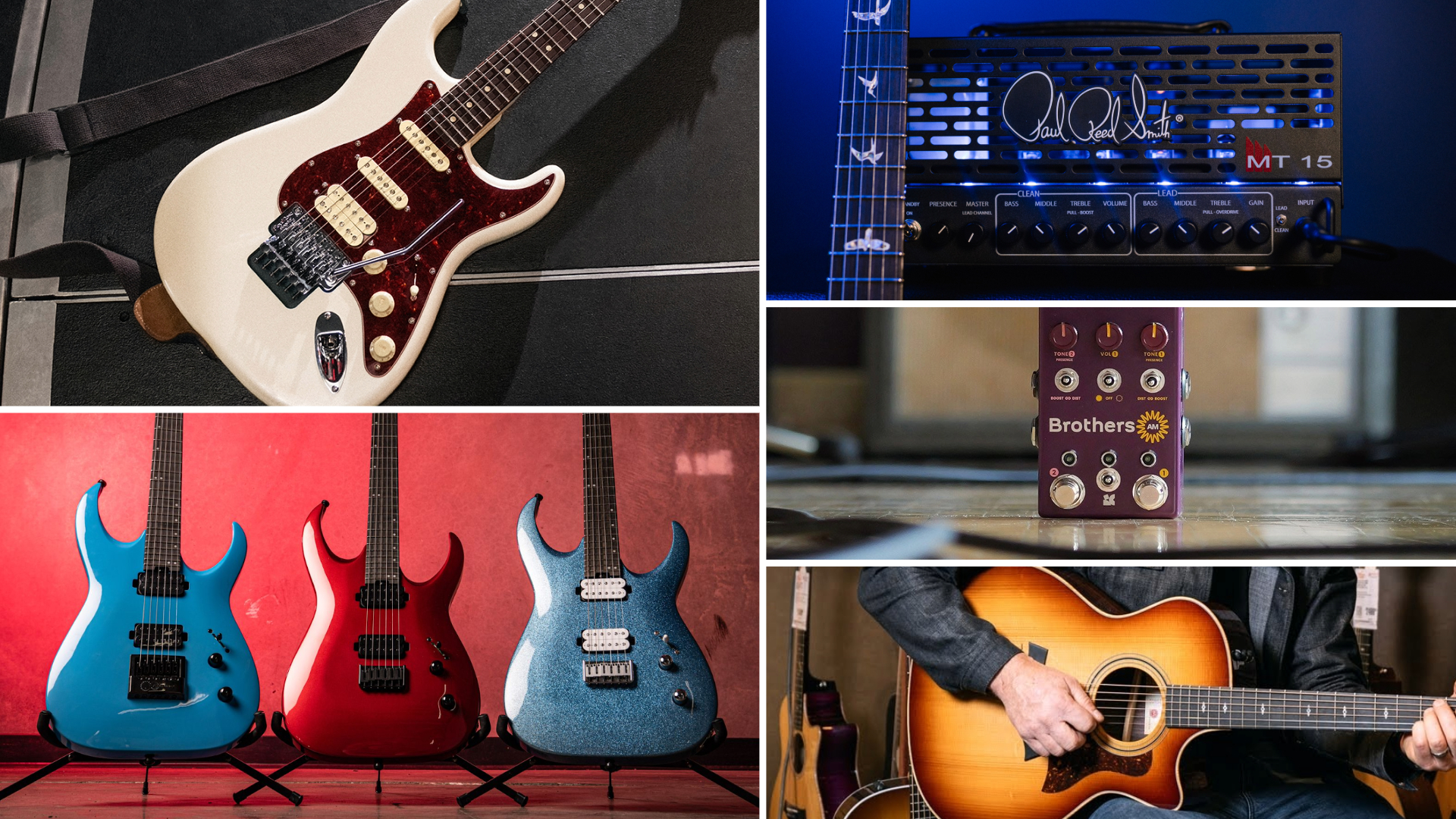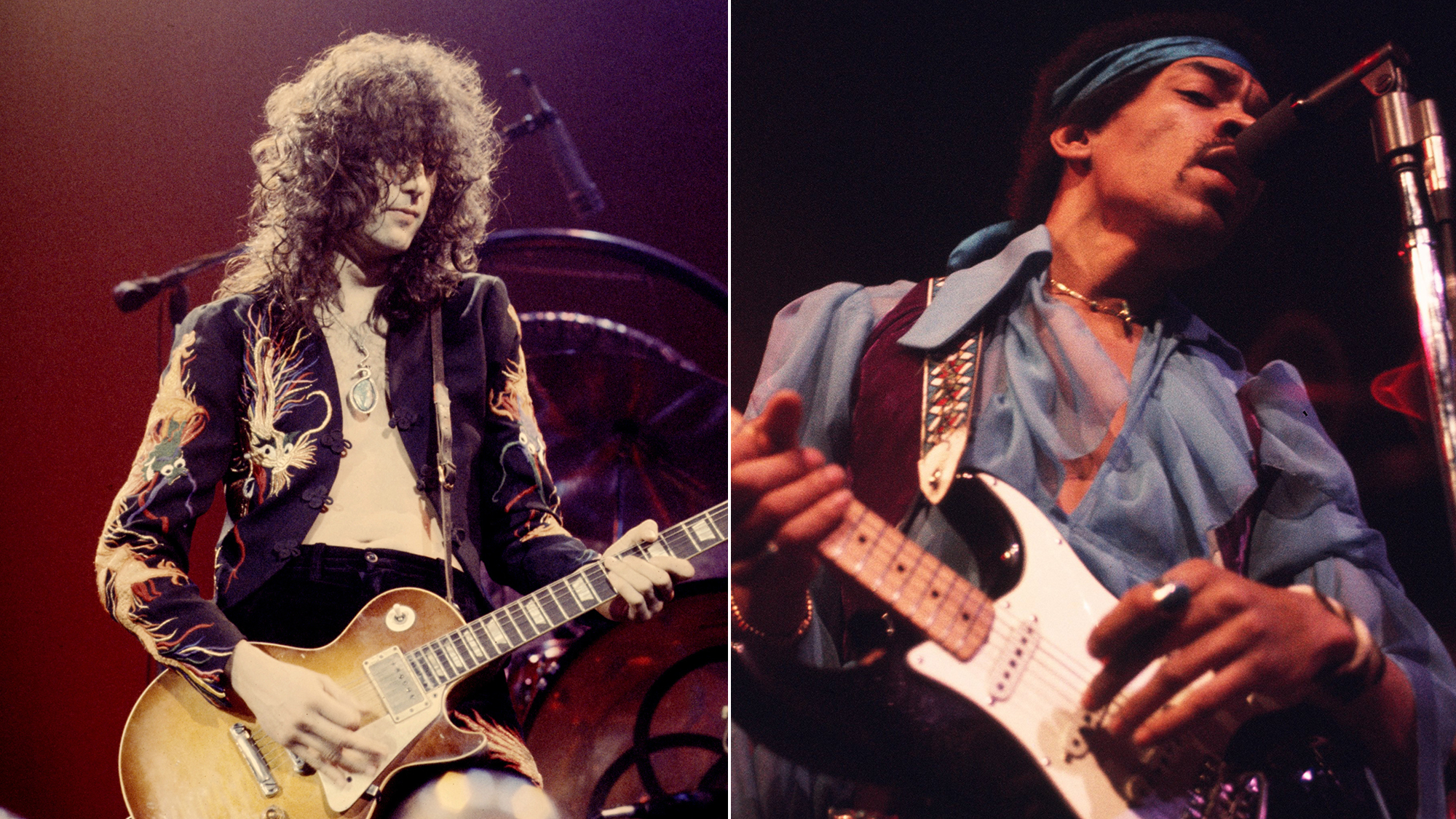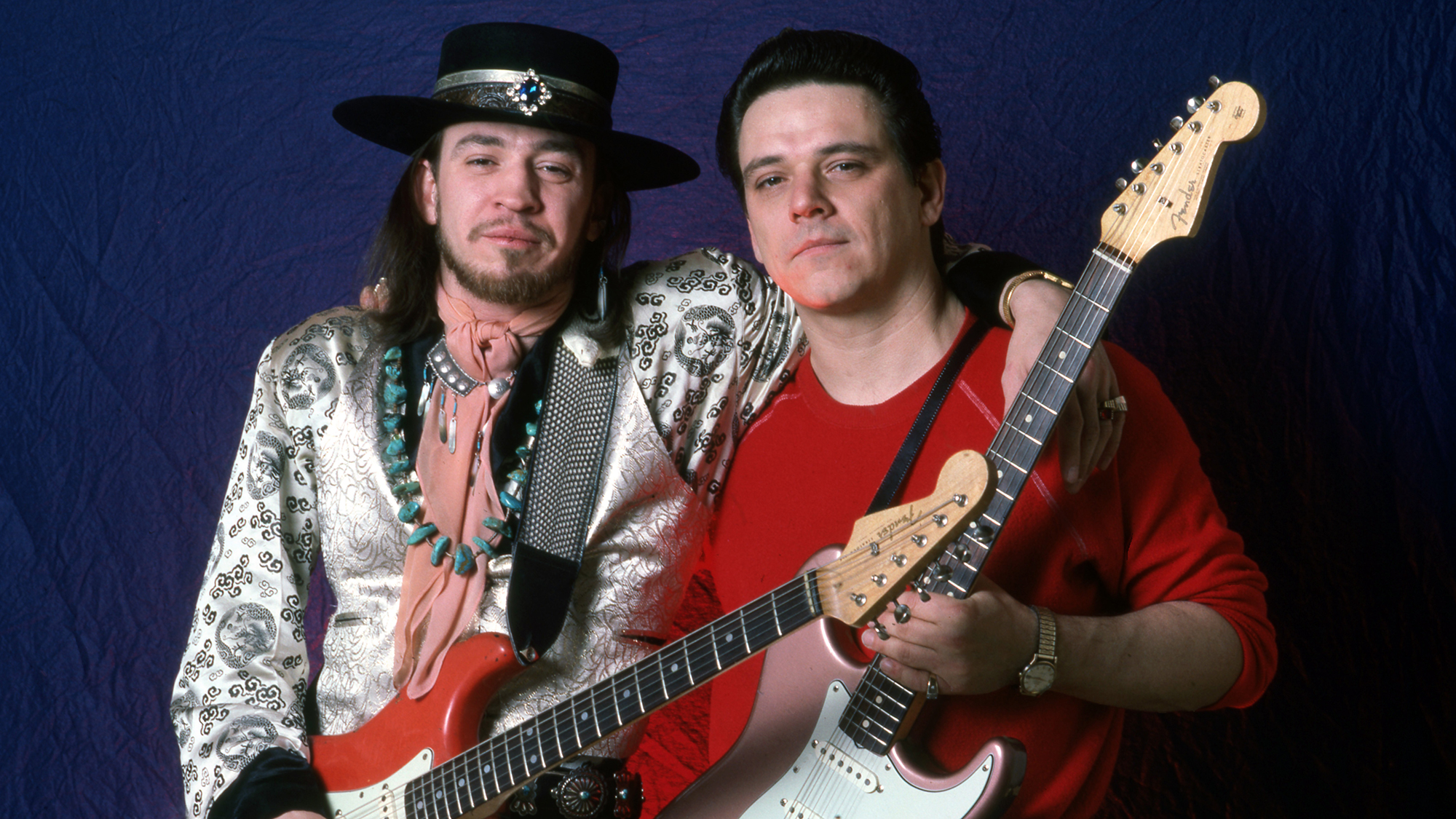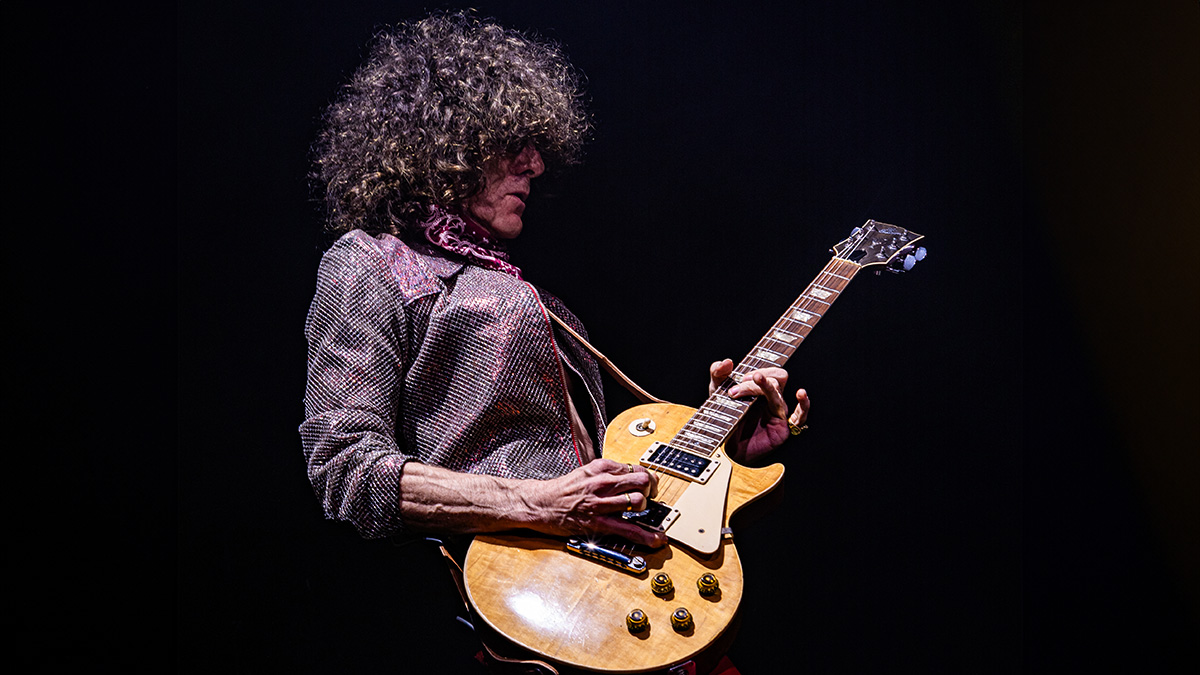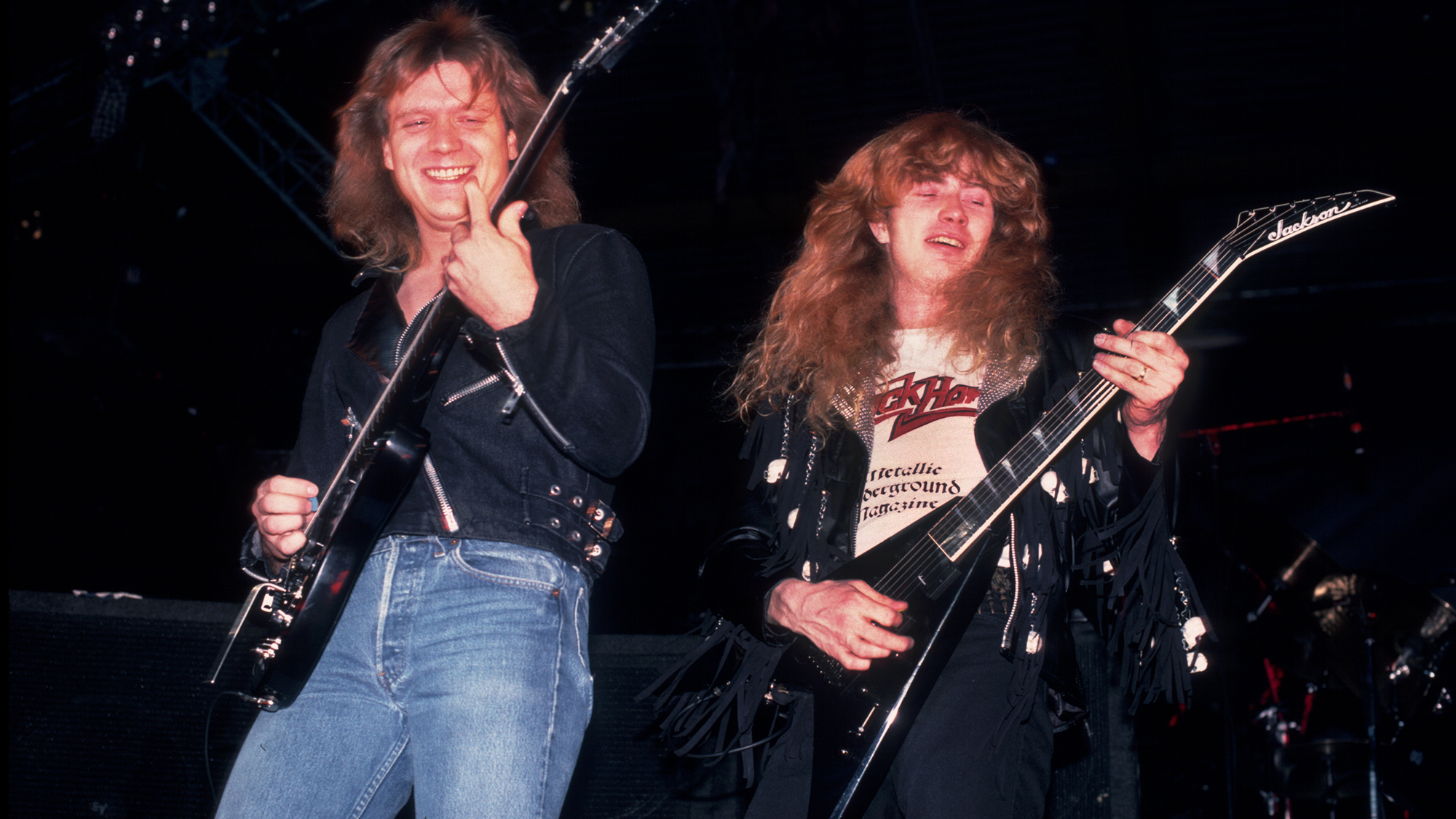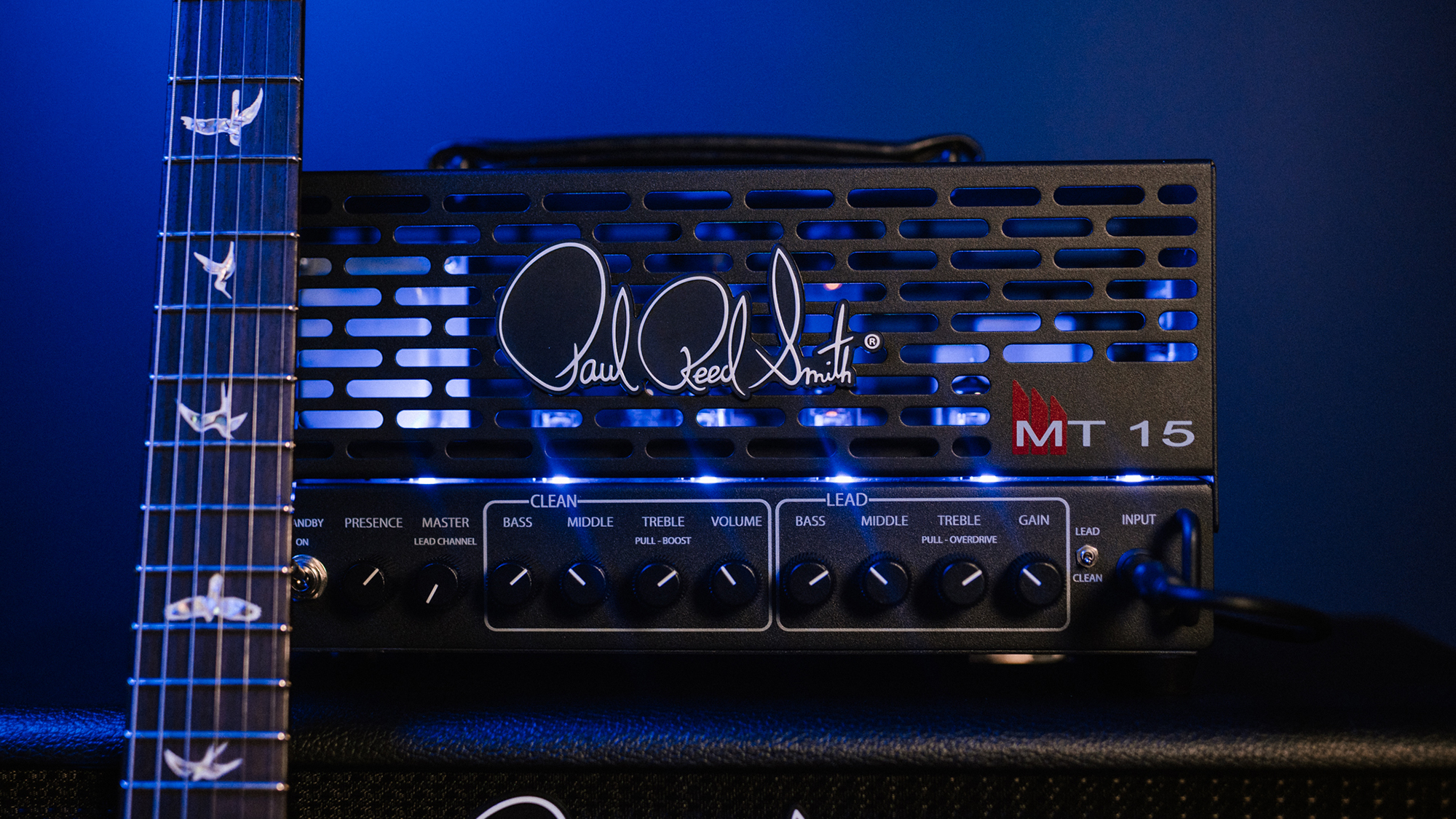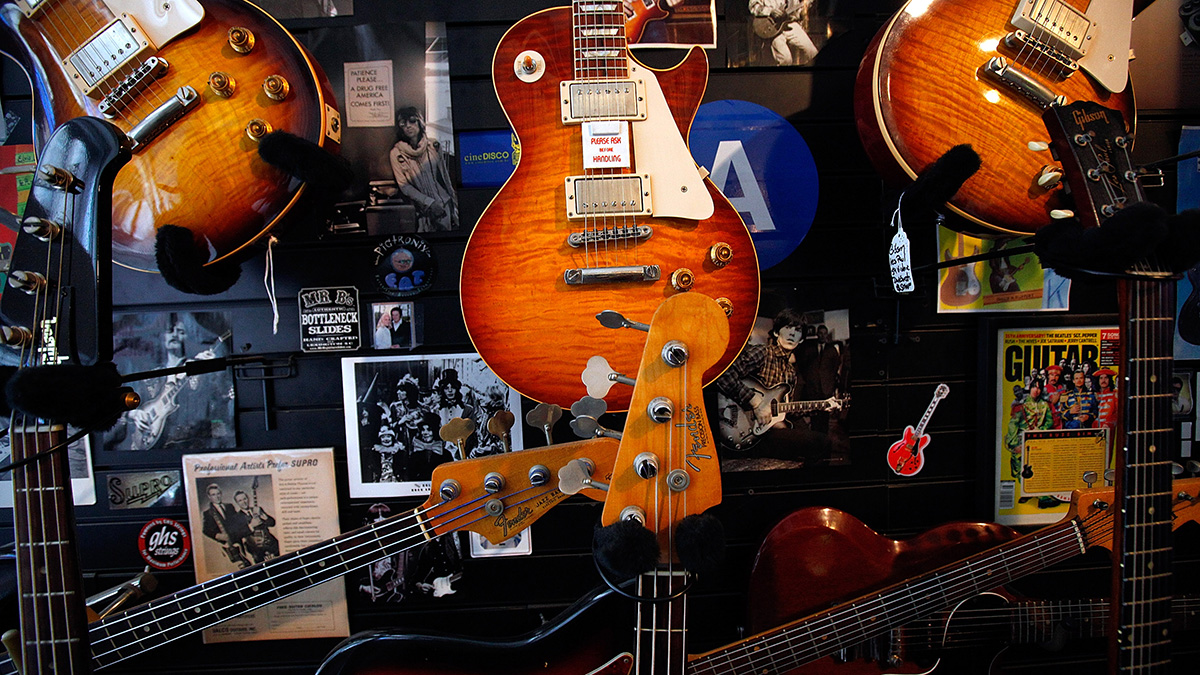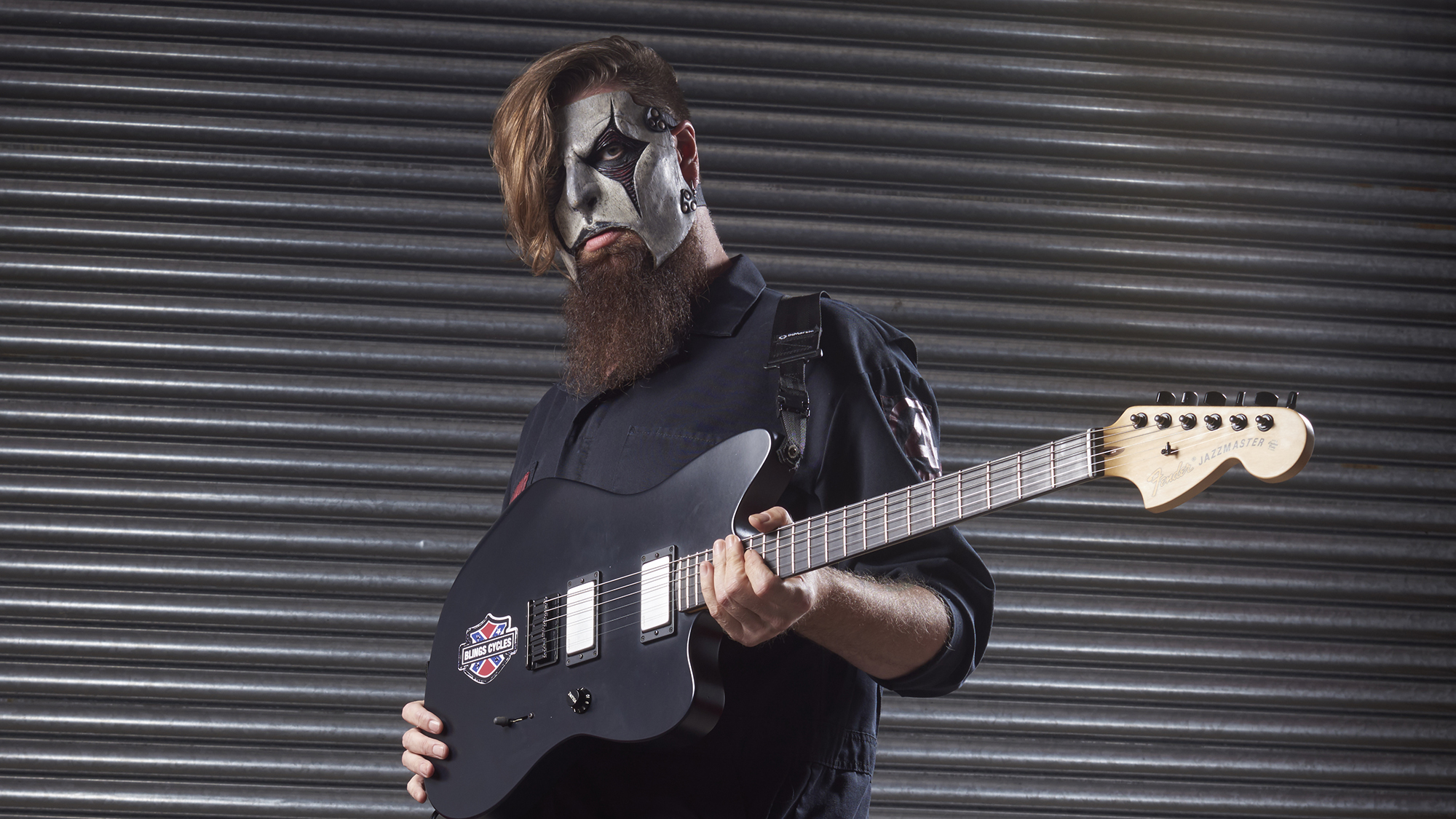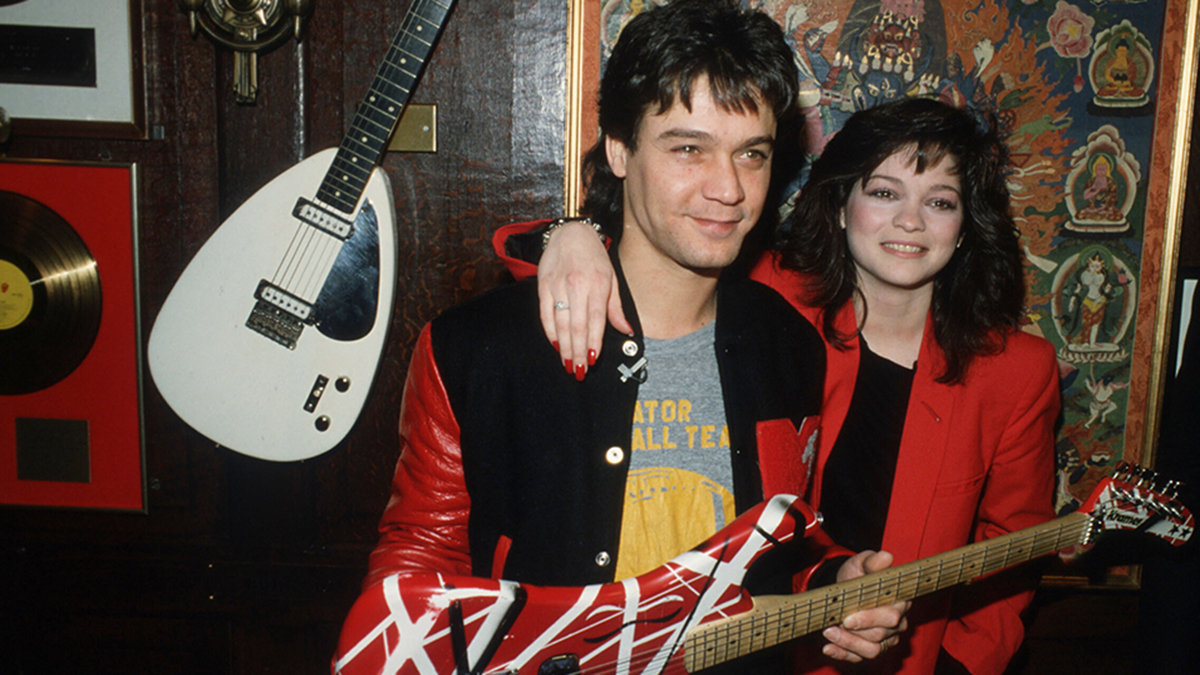Marty Friedman Discusses His Hatred of the Term "Shredders," New Solo Album
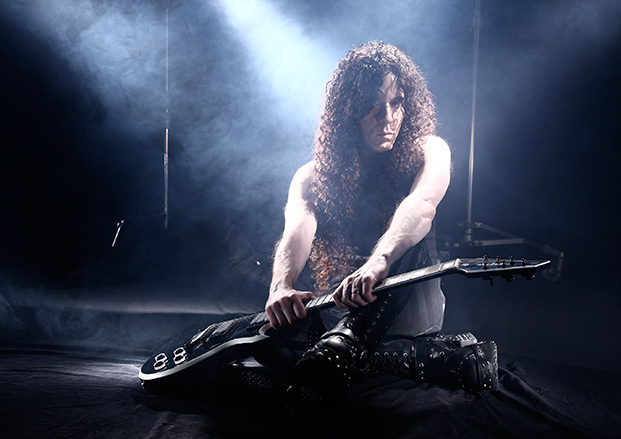
In the best way possible, Marty Friedman is an anomaly within the musical world. He started off in the 1980s as a guitar-centric recording artist for Shrapnel Records, which had also signed his metal band Cacophony. The start of the Nineties brought him into the Megadeth fold, in which Friedman would go on to sell millions of albums.
But the success he experienced before leaving Megadeth in 2000 would only be a fraction of what was to come.
Friedman moved to Japan in 2003 and quickly found work as a sideman for several Japanese prominent recording artists. Nowadays, he is not only a prominent solo artist and session player but also an in-demand host and actor with hundreds of television credits. Friedman is writing an autobiography and is the focus of a forthcoming documentary. However, the guitar hero chooses not to rest of the laurels of his stardom in Asia, instead opting to tour the U.S. every year or so for the past few years.
In support of his new solo album, Wall of Sound, Friedman is kicking off a tour with Scale the Summit and the Fine Constant August 2 in Philadelphia. The tour will run through August 28, closing with a date in San Diego. Friedman recently sat down with Guitar World, entertaining a mixture of questions about Wall of Sound, his history as a guitarist and what motivates him as an artist.
Who or what inspired you to pick up a guitar for the first time? Is anyone else in your family musical?
No one in my family is musical at all, and music wasn’t my first choice by a long shot. I was completely into sports. I loved all the major sports, football, baseball, hockey and basketball, I wasn’t horrible at any of them, but I certainly wasn’t what you would call “good.” I did make the junior high basketball team, which tells you how crap they were. I was always kind of emaciated and bony, so I had the perfect body type for either a rock star or a drug addict, so I decided to go for the former.
Do you remember the first song you ever learned to play on guitar?
A pretty unknown album track by Rush called “Bacchus Plateau.” It had only two or three chords. I didn’t like it much, but at least it was cooler than "Dreams" by Fleetwood Mac, which the entire school was learning. That song had even less chords in it. Not until I became an adult did I realize what a great song "Dreams" is and what a true god Lindsay Buckingham is.
Growing up, did you take lessons? Or mostly teach yourself to play?
Both. I had a very good teacher named Tim Brooks for a while, but what he was showing me was way over my head and in the wrong direction. It was a lot of hippie stuff, which I never cared for. I wanted to play aggressive high-energy guitar and not meandering Grateful Dead stuff. Luckily punk rock was easy to learn and gave me a very solid background in simple melodies and satisfaction of achievement real quick.
Get The Pick Newsletter
All the latest guitar news, interviews, lessons, reviews, deals and more, direct to your inbox!
Other goofballs were spending a year learning one difficult "cool" song, and in that same time I might have had about 150 punk anthems like "Sonic Reducer" or "Teenage Lobotomy" under my belt. I was no smarter or more talented than anyone else, but I was smart that I set the difficulty bar very low at the beginning. What do you have to prove? Make it easy and fun. I am very thankful that I started in that way.
Have you ever written a song on piano or an instrument besides guitar?
I’ve written songs for every instrument under the sun. The only instrument I can play is guitar, but I write for whatever instrument I have in mind for particular arrangements of songs.
At what point as a guitarist did you start to feel that you had your own sound? Or at least a tone similar to what you're known for?
I’m not sure what I’m known for, but even as a teen I knew that for better or worse I was gonna always sound like myself. Even while I am constantly evolving, somehow it still sounds like me. I am thankful for that. That said, I don’t agree with a lot of my previous work. Some of it is really good, but as my playing evolves, I find that I am getting closer and closer to my potential, and on some of my older stuff I think I was doing many things that I would not do now.
I put a lot more care into every hing, as you can definitely hear on Inferno and Wall of Sound. It still sounds like the same guy as I was before, but a much, much deeper and richer version. Notice I didn’t say "better"—that is for you to decide. If you lost your virginity to one of my songs, there is nothing I could play now that is gonna top that for you.
At what point in your playing did you stop becoming dependent on barre chords? I ask that because I know that you are a big Ramones fan, yet you are often thought of as a top-tier shredder.
Why on Earth would anyone ever be dependent on any kind of chord? I love The Ramones because of the music they made, not because of what kind of guitar chords they might have played. When you want to make music, you must learn any and all necessary tools that allow you to create that music. Then, and more importantly, you have to create your own new tools to do that with your own stamp on the music you create.
For your new album, what inspired you to work with Jinxx from Black Veil Brides and from Shiv Mehra from Deafheaven?
My touring drummer Chargeee and I are big fans of Black Veil Brides, so we were both stoked when Jinxx came to my L.A. show on the Inferno tour. I got to talking to Jinxx for a while and he seemed like a really awesome guy. When I found out that he was also a violinist, I started getting ideas of doing something that would surprise my fans and his fans. I wanted to do something on a grand scale, something quite different from what anyone would expect, to turn some heads.
Shiv was a similar story, except he and Dan came to my San Francisco show. Deafheaven was in heavy rotation on my iPhone, which is saying a lot because usually I am listening to Japanese music. Shiv reached out to me when he was in Tokyo and we got together for sushi near my house. I knew that Deafheaven was busy touring but I really wanted us to do something together, because I knew what we would do would be unique and fresh. Our song, "Pussy Ghost" is one of the heaviest points of Wall of Sound.
Where did you record your new album? Do you have a home recording setup?
Basic tracks were done at Dave Grohl’s studio in L.A. and most of the guitars were done in several Tokyo studios. We mixed it in Sweden and Germany.
I think anyone reading this has some sort of home recording setup, and I do as well. I loathe having to engineer my own stuff, so my home recording is basically relegated to laying down new ideas, and doing arrangement and editing work. I engineered my fifth album, Music for Speeding, at home and I vowed never to do it again, best decision I ever made. It’s almost a given that you must be an engineer these days if you are a guitarist, and it certainly helps if you are wired for that.
In my case it just takes energy away from the creative process and cuts into any enthusiasm I might have had about playing. What was I thinking? When you want cake, you go to a bakery.
Will you be performing much from your new album on your upcoming tour?
Of course! The response to the songs that have come out so far has been beyond overwhelming, so that gives me a good barometer of which new songs to put in the set. As of now, “Whiteworm” and “Self Pollution” are in, and we’ll see what to add from there.
Do you have a favorite song on your new album?
No! If I did, I would have to get rid of the other songs. In the demo process, I was constantly weeding out songs that I liked very much, only because I didn’t like them as much as others. It was a painful process, but over the course of 18 months of living with the demos, it becomes obvious which songs are still cool after six months and which songs were just cool when they first happened. Kind of the way it works with girls. You don’t want to make any long-term decisions when you are still starry-eyed over the freshness of something new. Everything sounds great when you first do it. So no.
Do you mind being thought of as a shredder?
I’m not a shredder. That is a lame-ass term and I fucking hate ever being called it, at any tier. A shredder, at least to me, is a guy who plays fast meaningless shit all the time. Shredders are the guys in your friend’s basement who play insanely fast, and it just looks so mind-blowing and amazingly cool with their fingers flying all around the neck, but if you close your eyes and actually listen, what you hear is a pile of shit. You all know what I’m talking about.
I beg you all not to be impressed with finger work, and be impressed by how the music you are hearing makes you feel. Listen, slang terminology has different meanings for different people and I certainly don’t have the right to tell you that the term, "shredder" is good or bad. If you like "shredding" and you think I’m a "great shredder" then I love ya! We are buds! Apparently since I have been out of the U.S., that term has taken on a new life and I’m not really sure what it means anymore. I just know that the term and the sound that it conjures up in my mind makes me want to dry heave.
Finally, Marty, any last words for the kids?
The only thing that matters is the music. Not the players, not the techniques, equipment or musicianship, not the personalities or political leanings of the people involved, the music itself is all that counts. Wall of Sound is by far the most deeply-enjoyable album of my life so far. It will melt your mind like a first LSD trip, without having to do anything illegal. I highly recommend it, and I hope you love it as much as I do. And as always, thank you.


